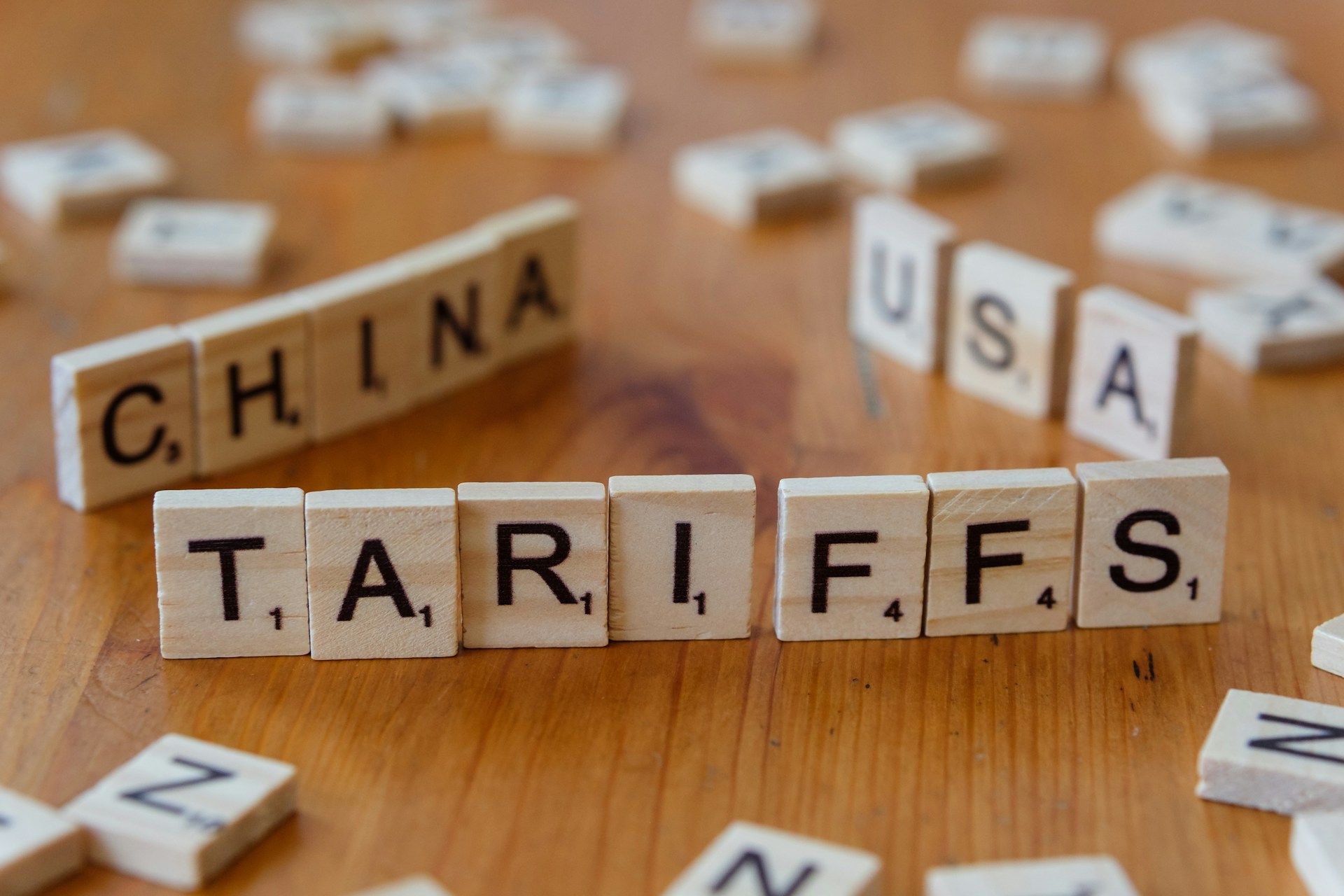
The $950 Billion Burden: How China Tariffs Challenge America’s Interconnected Economic Sphere
By Eric Malley
The Holistic Economic Impact
Through the lens of Spherical Philosophy™, we see that the new tariffs on Chinese imports will create an estimated $950 billion economic burden on the American economy in 2025-not as isolated effects but as transformative ripples through our interconnected economic sphere. While tariffs may generate projected revenue of $2.4 trillion over 2026-35, this comes with $631 billion in negative dynamic revenue effects. This interconnectedness reveals how economic policies create cascading impacts that touch every aspect of society, demonstrating that immediate disruptions far outweigh potential long-term gains when viewed through a holistic framework.
The Small Business Ecosystem: Interdependence in Action
America’s economic sphere functions as an intricate, interdependent ecosystem with approximately 33-34.8 million small businesses at its core, representing 99.9% of all U.S. businesses. These enterprises employ approximately 61.6-61.7 million Americans-nearly half of the entire private workforce. This is not merely a statistical relationship but a dynamic system where each element influences the others, creating what Spherical Philosophy™ recognizes as a continuous cycle of value creation beyond traditional economic metrics.
Ethical Dimensions of Economic Policy
The implementation of historically aggressive tariff policies (up to 145% on Chinese imports) requires ethical examination through the framework of Spherical Philosophy™, which advocates for “ethical guardrails that ensure innovation enhances humanity rather than diminishes it.” These tariffs represent the steepest rise in U.S. tariff rates in over 115 years, raising profound questions about responsibility toward vulnerable economic participants within our interconnected system.
Vulnerability Within Layered Economic Systems
Small businesses face disproportionate harm within our economic sphere for several interconnected reasons that demonstrate the layered understanding central to Spherical Philosophy™:
- Thin Profit Margins: “Small businesses operate on razor-thin margins,” making them uniquely vulnerable to policy-induced cost increases
- Limited Financial Flexibility: The spherical nature of economic systems means disruption in one area (import costs) creates compounding effects through all business operations
- Supply Chain Interdependence: 40% of imports from China go to small businesses, creating unavoidable vulnerability within our globally connected system
- Domain Knowledge Gaps: Many small businesses lack the resources to understand the deep mechanics of global trade policy, mirroring the “limited AI literacy” challenge in other fields
The Human Dimension: Where Theory Meets Reality
Spherical Philosophy™ teaches us that true understanding comes from seeing how theory manifests in reality. The warnings that “thousands, and potentially millions, of American small businesses could face bankruptcy in 2025” represent more than statistics-they reflect the human experience within our economic sphere:
- The toy company owner’s statement: “In two months, I’ll probably shut down and sell off my inventory if nothing changes” demonstrates how policy creates real-world inflection points
- The stationery business facing an “additional $630,000 in fees” illustrates how seemingly abstract tariff percentages translate into concrete financial burdens
- Communities losing gathering spaces as local businesses shutter shows how economic policy reverberates through social structures
Adaptability: The Critical Pathway Forward
Spherical Philosophy™ emphasizes adaptability as essential in navigating complex systems. Small businesses are attempting to adapt to tariff pressures, but many face substantial challenges:
- “I sought American manufacturing because I believed it would be simpler to collaborate with someone nearby, but it simply doesn’t exist-it hasn’t for decades”
- Businesses report “implementing tariff surcharges or adjusting pricing timelines,” demonstrating the continuous cycle of adaptation required
- The interconnected nature of global supply chains means isolated solutions prove insufficient-adaptation must be systemic and spherical in approach
Beyond Surface-Level Policy Debates
Just as Spherical Philosophy™ distinguishes between “AI on the street” (surface applications) and “AI in the lab” (foundational innovation), we must look beyond headline tariff debates to understand the deeper economic mechanics at work. The $950 billion economic impact emerges from interconnected factors that function as a unified system:
- Direct business costs: $654 billion in new tariff expenses
- GDP reduction: Approximately $296 billion (1.1 percentage points)
- Consumer spending reductions reaching hundreds of billions
- Second-order effects as these impacts compound through the economic sphere
Embedding Ethical Frameworks in Economic Policy
Spherical Philosophy™ advocates for “ethical frameworks that balance growth aspirations with nuanced governance tools.” A truly transformative approach to trade would integrate:
- Transparency: Ensuring small businesses understand the full implications of policy changes
- Accountability: Holding policymakers responsible for the disproportionate impacts on vulnerable economic participants
- Equity: Democratizing access to economic opportunity across the small business ecosystem
Transformative Solutions Through Interconnected Thinking
Rather than accepting the false dichotomy between protectionism and unrestricted trade, Spherical Philosophy™ suggests exploring the interconnected middle ground:
- Gradual policy implementation that respects the adaptive capacity of small businesses
- Targeted support for vulnerable sectors most dependent on specific supply chains
- Looking beyond political positioning to fact-based analysis of our economic sphere
Conclusion: Spherical Understanding of Economic Impact
The tariff policy represents an unprecedented experiment that affects every layer of our interconnected economic system. While proponents argue tariffs will protect domestic manufacturing and generate revenue, Spherical Philosophy™ reveals the complex spherical nature of these policies-creating a $950 billion burden disproportionately borne by small businesses, workers, and consumers.
Like Python serving as “the Library of Congress of Artificial Intelligence,” our economic system contains countless interdependent elements that must be understood holistically rather than in isolation. By approaching trade policy through the lens of Spherical Philosophy™, we can develop more effective and humane economic policies that recognize the true interconnectedness of our global economic sphere while protecting the small businesses that form its essential core.



 Bitcoin
Bitcoin  Ethereum
Ethereum  Tether
Tether  XRP
XRP  USDC
USDC  Solana
Solana  TRON
TRON  Lido Staked Ether
Lido Staked Ether  Cardano
Cardano  Avalanche
Avalanche  Toncoin
Toncoin